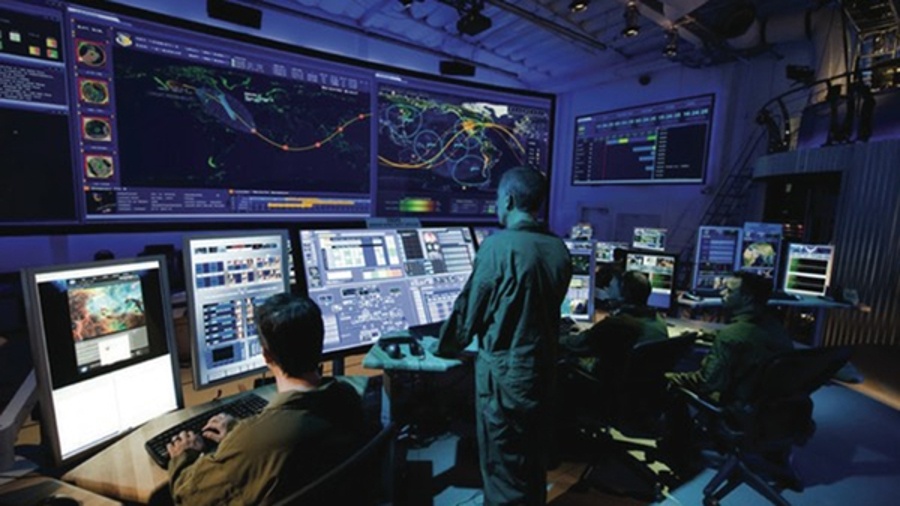Most IT Professionals Believe State-Sponsored Attacks Might Lead to Cyber War

Following a unanimous warning from the intelligence community about growing cyber threats, cybersecurity professionals agree that a catastrophic data breach to their organization is inevitable. Worse still, most IT execs fear the world could be on the brink of cyber warfare.
The 2018 Global Megatrends in Cybersecurity survey of 1,100 senior-level IT and IT security global practitioners shows that IT professionals don’t see cybersecurity at the top of their bosses’ to-do lists, while the consensus among the IT pros is that data breaches are an imminent threat.
The global study, commissioned by Raytheon and conducted by Ponemon Institute, found that 82% of respondents believe “their workplace will suffer a catastrophic data breach in the next three years as a result of unsecured IoT devices.”
Two thirds say such an attack would seriously diminish shareholder value, and 67% believe ransomware will increase in frequency and payout.
A similar percentage expect government and commercial organizations to fall victim to a state-sponsored attack, possibly leading to “cyber war.”
In 2015, 59% of respondents to the same survey said they believed cybersecurity strategies would bring improvements in the years to follow. Today, only 46% answered positively to the same question in the survey.
Finally, 60% expect their companies will have to spend more to achieve regulatory compliance and respond to lawsuits and litigation – a no brainer, considering the regulatory pressure exerted by data protection acts like the GDPR in the EU.
The data is worrying, but not surprising. In a modern environment where automation has become a reality and targeted attacks can practically paralyze industries, even entire countries (think WannaCry and GoldenEye/Petya).
In a similar survey, Bitdefender asked IT security decision makers what were the worst consequences they feared if an advanced persistent threat (APT) hit their infrastructure. As many as 21% of respondents said the worst-case, but not impossible, scenario they could think of was “loss of life.”
Cyber warfare poses an array of threats to nations, such as tampering with air defenses to prompt an air strike. In other words, in its most basic form, cyber warfare can assist traditional warfare. Cyber warfare can also assist what some experts refer to as "soft" threats, including propaganda and espionage.
tags
Author
.jpg)
Filip is an experienced writer with over a decade of practice in the technology realm. He has covered a wide range of topics in such industries as gaming, software, hardware and cyber-security, and has worked in various B2B and B2C marketing roles. Filip currently serves as Information Security Analyst with Bitdefender.
View all postsRight now Top posts
FOLLOW US ON SOCIAL MEDIA
SUBSCRIBE TO OUR NEWSLETTER
Don’t miss out on exclusive content and exciting announcements!
You might also like
Bookmarks










